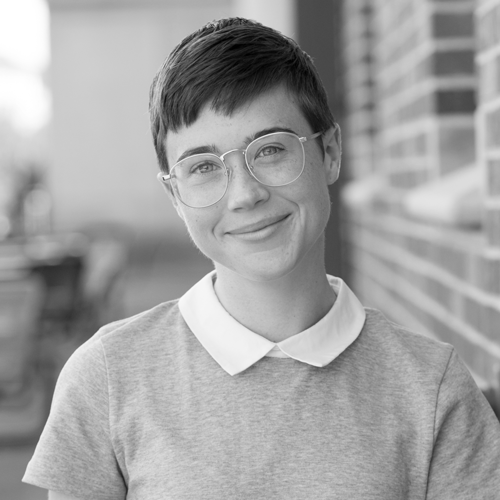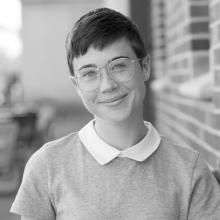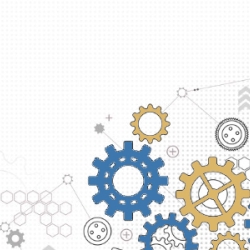Breaking Down the Silos: Dan Rodriguez Discusses the Need for a Less Balkanized Approach to Regulatory Reform
On December 9, IAALS co-hosted a virtual discussion with Dan Rodriguez, former dean of Northwestern University Pritzker School of Law, on why our balkanized system of professional regulation makes it much more difficult to meet the demand for legal services. As part of our Future of Legal Services Speaker Series, Rodriguez also discussed how states can join together and offer more legal services to those in need without opening up the public to the risk of harm. Video of the event is available below.
“Legal services regulation [and] the regulation of lawyers . . . is [up to] our 50 states. It’s part of our scheme of federalism. And so what Utah does, what Texas does, what California does is vitally important, but primarily for those particular states. . . . It’s just a happenstance if one or another state adopts that experiment for itself. And those access barriers can be quite considerable.”
Rodriguez explained how various types of regulatory reform (such as alternative legal services providers, nonlawyer ownership of law firms, etc.) all have in common the goal of removing access to justice barriers, even though they take different forms. However, to zoom out even further on these issues means looking at things like legal ethics, lawyer admission, and mobility, and examining how they have—or likely have not—been applied evenly across each state.
“We are, by and large, a self-regulating profession.” Rodriguez said. “What’s quite remarkable, when you think about it, is . . . the way in which we engage in legal services regulation in America is foxes guarding henhouses, as it were.” Lawyers and judges, on a state-specific basis, make decisions regarding the regulation of legal services; this has always been the way. Unsurprisingly, the system is resistant to changing this reality.
“It’s not just legal ethics. We should look at the conditions on the ground, use empirical work to diagnose the problem, as all of the states that have engaged in regulatory reform—Utah, Arizona, etc.—have done, and look at balancing the costs and benefits.”
He noted that the current rules regarding legal ethics—the ABA Model Rules of Professional Conduct—don’t address several important areas, including the regulation of alternative legal services providers and technology. And while the ABA has long urged states to adopt these rules in an effort to ensure uniform legal ethics rules across the country, variation—and balkanization—still abounds.
For example, the responsibility to handle disciplinary complaints against lawyers is up to state courts and state bar associations, resulting in enormous variation when it comes to enforcement. Bar exams are administered on a state-by-state basis, meaning there’s variability among cut scores. And, alternative legal services providers are regulated by how states determine unauthorized practice of law, which results in a patchwork quilt of who can and can’t give legal advice. All of these lead to negative consequences on access to justice, the evolution of lawyering, and globalization and technology.
“We need to figure out ways of balancing the federalism values and the values associated with lawyer self-regulation—and in particular, the value associated with the laboratories of experimentation with convergence on some national solutions where it is timely and appropriate to do so. So I’d like to see more convergence on national solutions, particularly as we have the data and the evidence that support the experiments underway.”
This last point is especially critical, due to the current lack of research on the consequences of state regulatory regimes. “We have data, but we have a heck of a lot more data still to collect. And we need to know what we don’t know, which is how these reforms might actually be operative,” he said. In that vein, Rodriguez expressed optimism about the regulatory sandbox in Utah, and the opportunities for data collection that it will provide over the next three years. As part of our Unlocking Legal Regulation project, IAALS will act as an independent third-party evaluator to analyze data collected by the sandbox, which will inform the Utah Supreme Court’s assessment of how the program will continue and develop.
A Q&A with Rodriguez is available here.
We are grateful to Professor Rodriguez for his insights, as well as to everyone who attended. Please consider subscribing to our Unlocking Legal Regulation newsletter to get the most recent news and updates, information regarding upcoming events (like this speaker series), recommended reading from regulatory reform thought leaders, and more delivered to your inbox each month.



